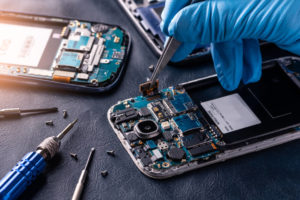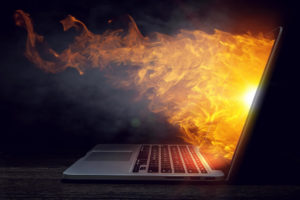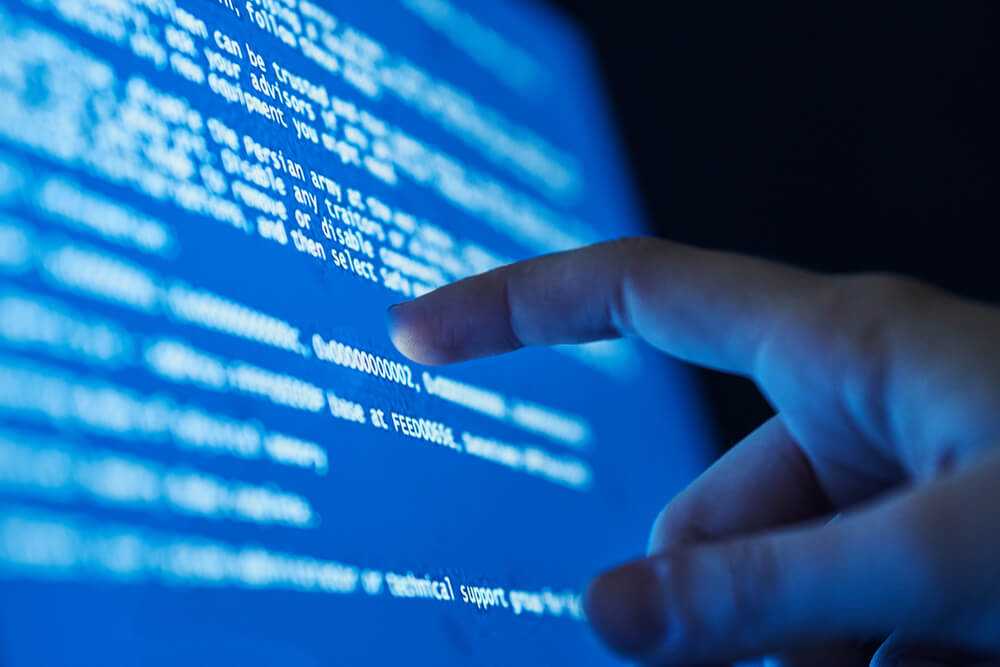Avoiding Risks of the Blue Screen of Death
There are a few situations no computer user ever wants to be in, and the one that’s perhaps most recognizable – and feared – is known as the Blue Screen of Death, or BSoD. Also simply referred to as a blue screen or blue stop error, this is something that happens on a computer when there are significant underlying issues taking place – a single BSoD instance doesn’t always mean there’s an emergency, but repeated such errors usually does.
At PC Laptops, we’re happy to assist clients with not only a wide selection of high-quality laptops and desktops, but also computer repair and expertise that will help you avoid negative computer outcomes, including the blue screen. Here are some of the top recommendations we offer to clients when it comes to avoiding blue stop error on their machine.
Regular Malware Scans
One of the top causes of computer issues, including those that lead to the blue screen, is the presence of malware or viruses within the device. These will sometimes make their way in via bloatware, or via a software download that you don’t do the proper research on; in other cases, you may allow them in by clicking a harmful link or email attachment.
To avoid this, it’s important to maintain malware and virus scanning software that’s robust and advanced. The best of these services will not only identify malware, but will also remove it automatically if it’s found. Taking this step will help you avoid the risk of malware creating problems that lead to the blue screen.
Driver Updates
Some computer users cast aside their driver updates or postpone them endlessly, and this is a mistake. Drivers are vital for protecting against threats, including those that might lead to a BSoD and delete all the work you had open on your computer. Pay close attention to driver update notifications.
Hardware Considerations
Hardware that’s either damaged or out-of-date is also a top cause of blue screen concerns, especially if you’ve attempted to install hardware on your own without the proper expertise or care. You must ensure that any new hardware you consider is compatible with the computer in question; if you do not have specific expertise with hardware installations, we also recommend you leave this process to our professionals. We’ll be able to carry out tasks like confirming your drivers are current, plus other checks that may determine whether a given piece of hardware can be installed properly on your machine.



